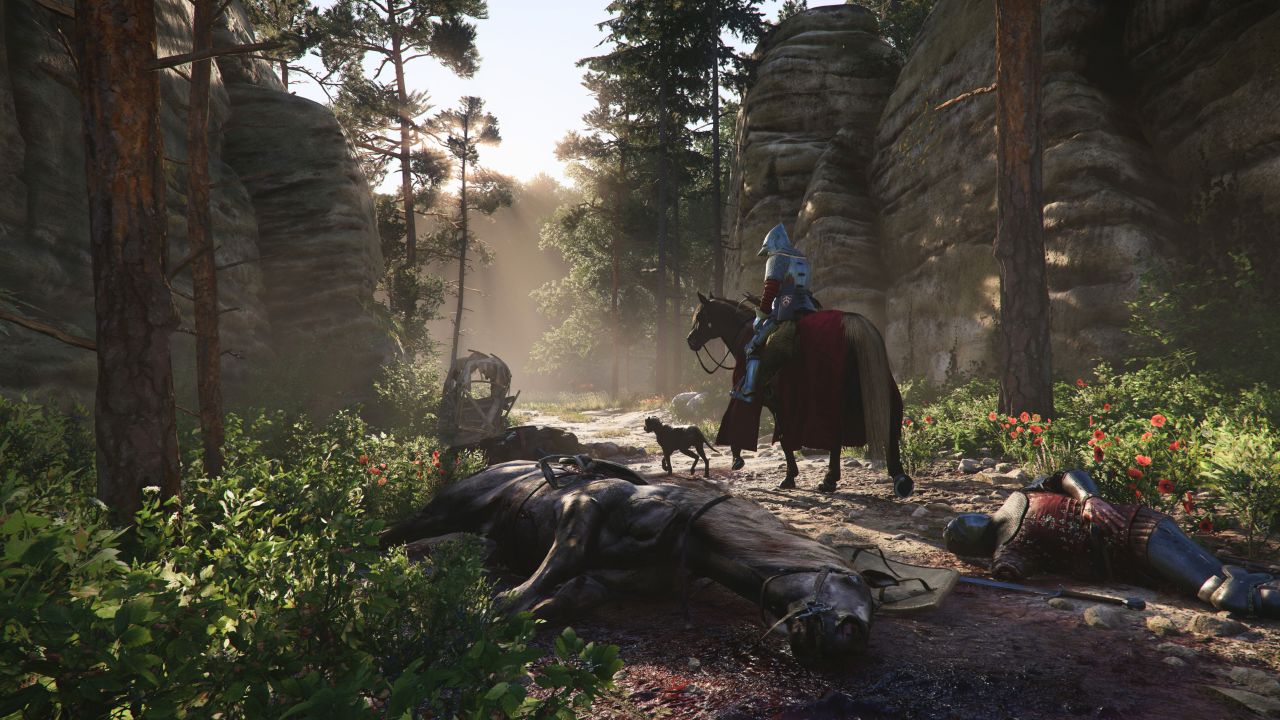Daniel Vávra, the creative director at Warhorse Studios and a prominent figure in the Kingdom Come Deliverance series, views generative AI as a genuine opportunity for the video game industry. Unlike some critical voices, this Czech veteran, soon to be in his fifties, hopes that these technologies will enable creators to more effectively realize their ideas while reducing the mental and physical burdens associated with long development phases. In an interview with The Game Business, Vávra discusses the complexities of developing Kingdom Come: Deliverance 2, which is expected six years after the first installment. He shares that the final year of production was particularly challenging.
I have experienced significant health issues due to stress and need to reduce my workload.
In 1998, at Illusion Softworks (now 2K Czech), Daniel Vávra began his career by contributing to cult titles such as Mafia and Hidden & Dangerous. Today, he recognizes that the demanding pace and scale of AAA projects can place significant strain on creative teams.
Too many ideas, not enough time. The creator expresses a certain frustration with the time required to successfully complete an ambitious game:
The lengthy development process irritates me. I have more ideas than years remaining to bring them to fruition.—Daniel Vávra, the creative director of Warhorse Studios and known for Kingdom Come Deliverance, views generative AI as a positive advancement for the video game industry. Despite encountering significant challenges during the six-year development of the sequel to Kingdom Come Deliverance, including severe health issues due to stress, Vávra believes that AI technologies can assist creators in realizing their visions more efficiently and alleviate the intense mental and physical strain commonly associated with lengthy AAA game productions. Throughout his career, which began in 1998 with Illusion Softworks (now 2K Czech), Vávra has contributed to successful titles like Mafia and Hidden & Dangerous. He now acknowledges that the demanding pace and scope of modern AAA projects can overwhelm creative teams, often resulting in ideas going unrealized due to insufficient time for completion.
According to Daniel Vávra, artificial intelligence realizes its full potential precisely here. He does not see a future where developers are replaced by machines but rather one where they are assisted by them, aiming for a smoother, less chaotic, and faster process. While some observers worry about the impact of AI on employment in creative industries, particularly among artists and actors, Daniel Vávra remains resolutely optimistic.
It would be beneficial if AI could assist us in this manner. I have several additional large-scale ideas that require substantial time and preparation. Projects which I believe hold as much potential as Kingdom Come: Deliverance.
A shared vision in the Vávra industry is not unique in this perspective. Strauss Zelnick, CEO of Take-Two Interactive, recently expressed that AI could lead to the creation of new jobs rather than job loss. This view is also echoed by Josef Fares (It Takes Two), who describes the technology as “fascinating yet unsettling,” while acknowledging that each technological advancement inevitably brings about changes in human dynamics. Daniel Vávra represents a generation of creators who, without denying the complexity of their work, aim to harness emerging tools to further unlock their creativity. In an environment where productions are increasingly ambitious, AI could serve as a strategic ally in maintaining a balance between innovation and sustainability in video game development.
Have any thoughts?
Share your reaction or leave a quick response — we’d love to hear what you think!

